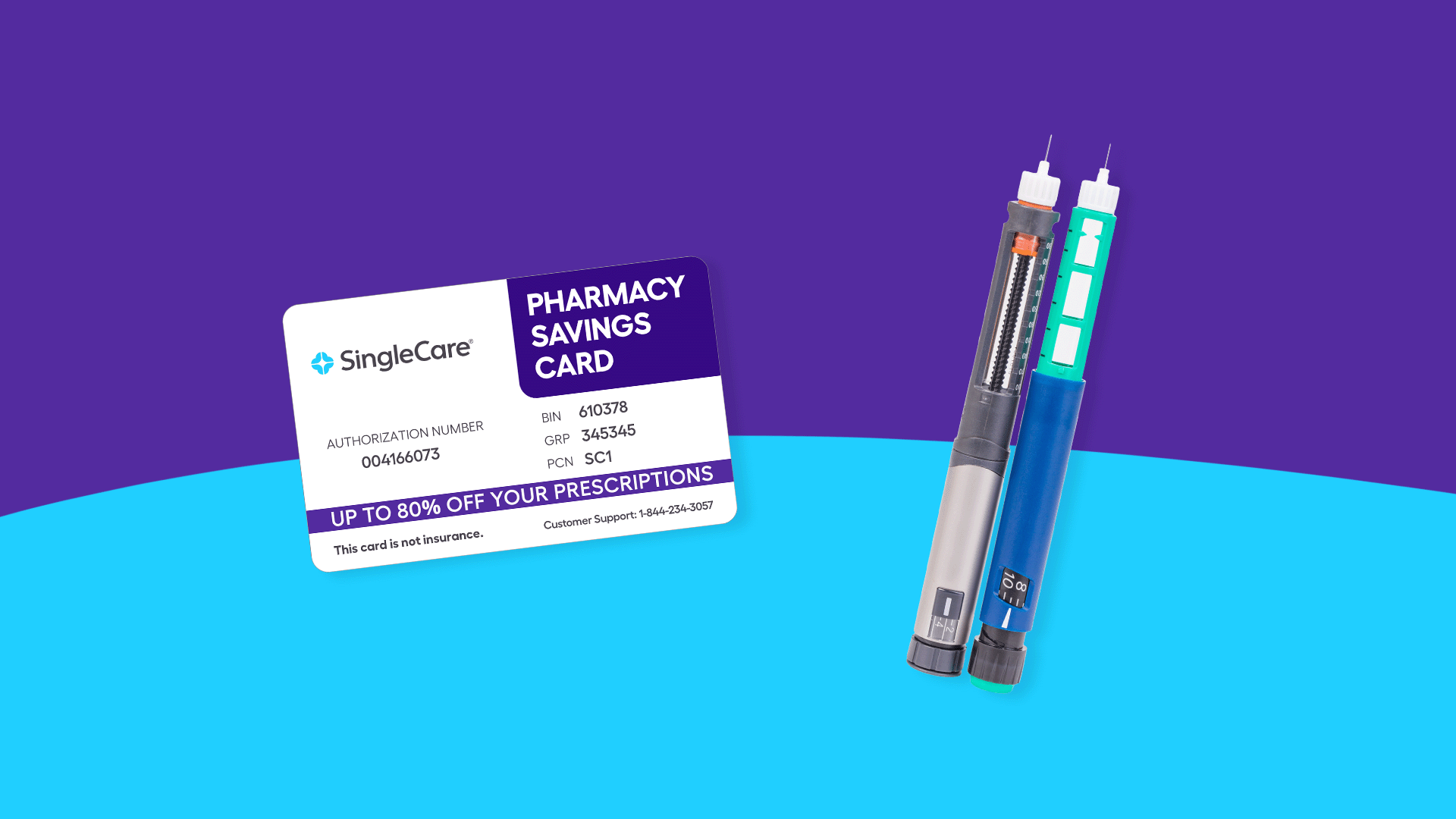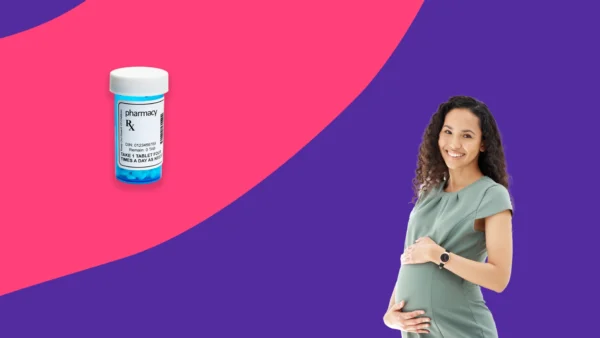Is Victoza covered by insurance | How much does Victoza cost without insurance? | How to get Victoza without insurance
Victoza (liraglutide) is a brand-name prescription medication used to lower blood sugar levels in people with Type 2 diabetes as well as to reduce the risk of cardiovascular events such as heart attack in people with both Type 2 diabetes and cardiovascular disease. Although Victoza reduces blood glucose levels, it is not approved by the FDA to treat Type 1 diabetes.
People taking Victoza will inject their dose beneath the skin (subcutaneous injection) once every day. Doses start at 0.6 mg per day and will rise to 1.2 to 1.8 mg daily. Side effects may include injection site reactions, low blood sugar (hypoglycemia), constipation, nausea, weight loss, allergic reactions, and, more seriously, gallbladder problems, pancreas problems (pancreatitis), thyroid cancer, and thyroid tumors. Victoza is an expensive drug with no less-expensive generic version on the market.
Is Victoza covered by insurance?
Most major commercial health insurance plans, Medicare Part D, and Medicaid plans will cover a Victoza prescription. Some insurance plans, though, may require prior authorization.
How much does Victoza cost without insurance?
Victoza is an expensive drug. Three autoinjector pens each containing 18 mg of liraglutide have a cash price of $1,346. At the lowest standard dose, 1.2 mg per day, that’s 45 doses at $30 per dose. At the highest dose, 1.8 mg per day, that’s 30 doses at $45 per dose. Uninsured patients, then, spend between $209 and $314 per week. A full year of Victoza treatment could cost over $16,000 at the highest dose.
The out-of-pocket cost of Victoza for a health insurance plan will depend on the plan’s formulary, copay cost, and deductible. Some insurance companies may not cover Victoza, which could leave the patient paying the full retail price.
Victoza belongs to a family of drugs called GLP-1 agonists. Some of these drugs are less expensive than Victoza, but all of them, unfortunately, are high-priced brand-name drugs. Each is dosed following different schedules and each comes in different dosage strengths, so it helps to compare prices by averaging out the weekly cost for these prescription medications.
There are other less expensive non-insulin generic alternatives to Victoza including metformin, sulfonylureas, meglitinides, alpha-glucosidase inhibitors, and bile acid sequestrants. If Victoza and other GLP-1 agonists are too expensive, it’s worth getting medical advice from a healthcare professional about the best and most affordable alternatives.
Compare Victoza prices to related drugs |
||||
|---|---|---|---|---|
| Drug name | Price without insurance of brand-name drug | Average weekly cost without insurance | SingleCare price | Savings options |
| Victoza (liraglutide) | $1,346 for 3 pen injectors | $209–$314 (1 dose per day) | $908 for 3 pen injectors of brand-name Victoza | See updated prices |
| Ozempic 0.25 or 0.5 mg dose (semaglutide) | $1,241 for 1 pen injector | $154–$310 (1 dose per week) | $752 for 1 pen injector for brand-name Ozempic | See updated prices |
| Ozempic 1 mg dose (semaglutide) | $1,191 for 1 pen injector | $298 (1 dose per week) | $774 for 1 pen injector for brand-name Ozempic | See updated prices |
| Adlyxin (lixisenatide) | $689 for 2 prefilled injector pens | $172 (1 dose per day) | No coupon at this time but check back periodically. | More details |
| Bydureon Bcise (exenatide) | $756 for 4 pen injectors
|
$189 (1 dose per week) | No coupon at this time but check back periodically. | More details |
| Byetta | $817 for 1 prefilled injector pen
|
$190 (2 doses per day) | No coupon at this time but check back periodically. | More details |
| Trulicity (dulaglutide) | $1,300 for 4 pen injectors | $325 (1 dose per week) | $756 for 4 pen injectors for brand-name Trulicity | See updated prices |
Prescription drug prices often change. These are the most accurate medication prices at the time of publishing.
How to get Victoza without insurance
Victoza without insurance can cost $11,000 to $16,000 a year. Even people with insurance coverage may have to pay close to retail price. Here are some ways to get Victoza without insurance:
1. Start with a SingleCare savings card
With a SingleCare discount card, people can instantly save $400 off Victoza’s average price of $1,346, saving over $5,000 a year. Visit SingleCare’s Victoza free coupon page and choose from either the lowest prescription discount price or the most convenient local pharmacy.
2. Ask the prescriber about Novo Nordisk’s patient assistance program
Ask the healthcare provider about NovoCare, Novo Nordisk’s patient assistance program. The prescriber can help with contact information and additional information. There are income and other eligibility requirements.
3. Shop for health insurance
Many health insurance plans will cost less than a year of Victoza treatment, especially when you add up all the other costs.
4. Look into Medicaid eligibility
If health insurance isn’t manageable, then look into Medicaid. Even if you qualify for the manufacturer’s patient assistance, that may only be temporary. Some Medicaid plans cover Victoza. In that case, a Victoza prescription may have out-of-pocket costs of only a few dollars. Check your state’s Medicaid website for eligibility requirements. Consult an agent to make sure the plan covers Victoza.











